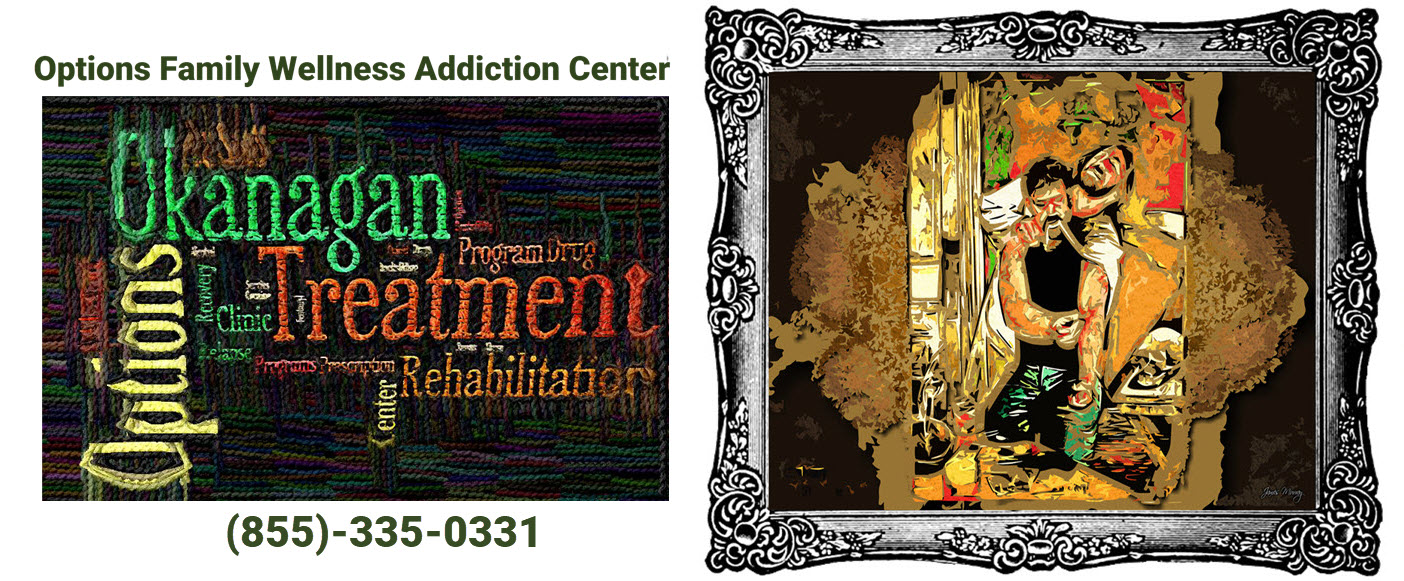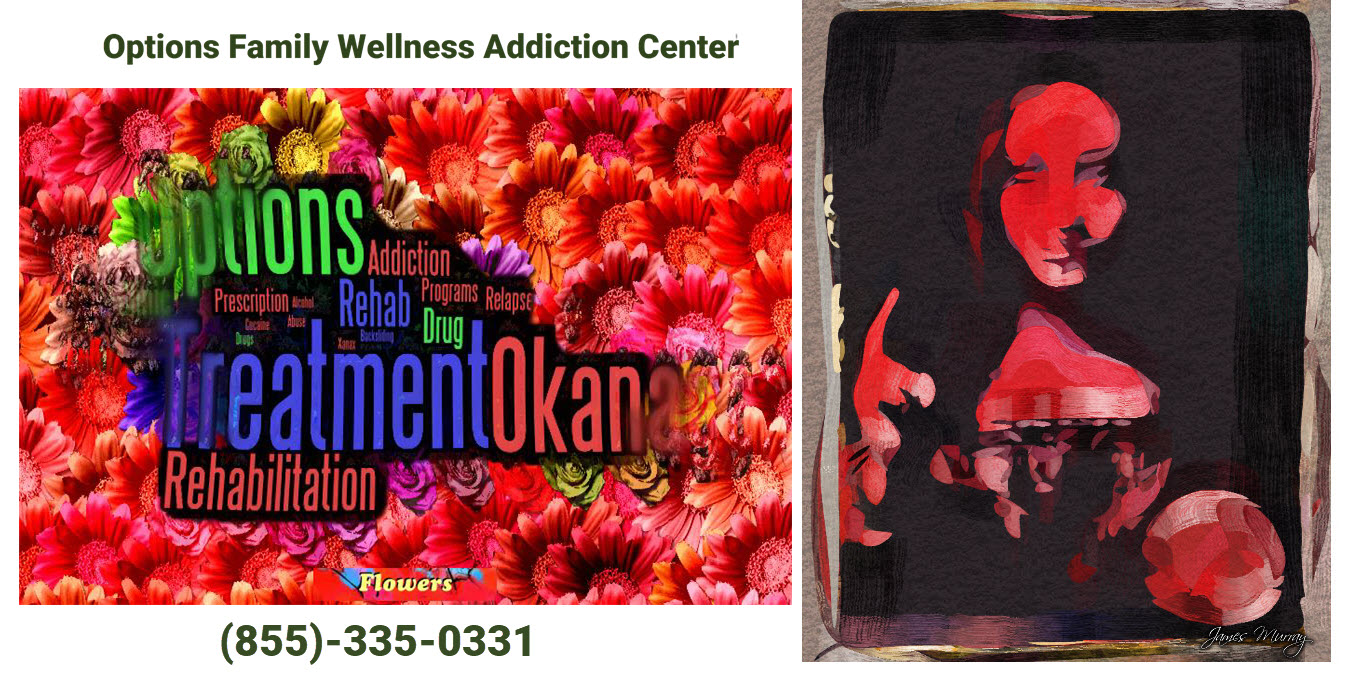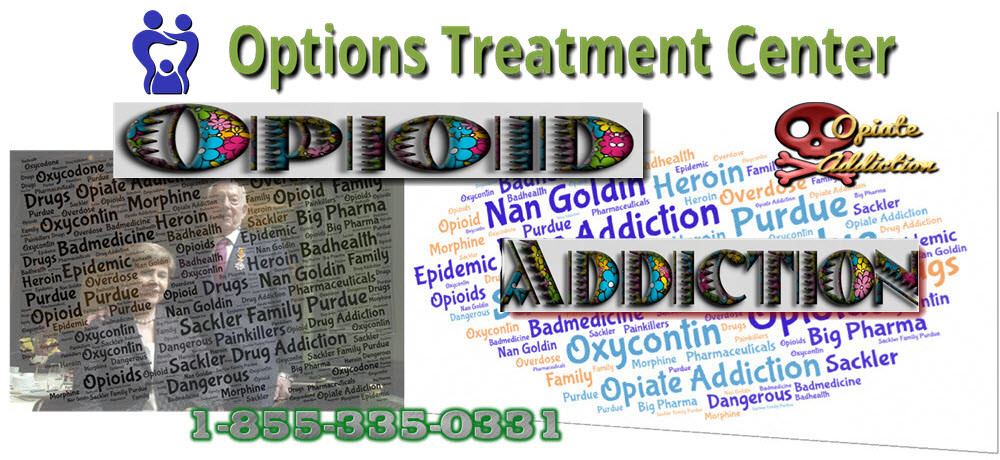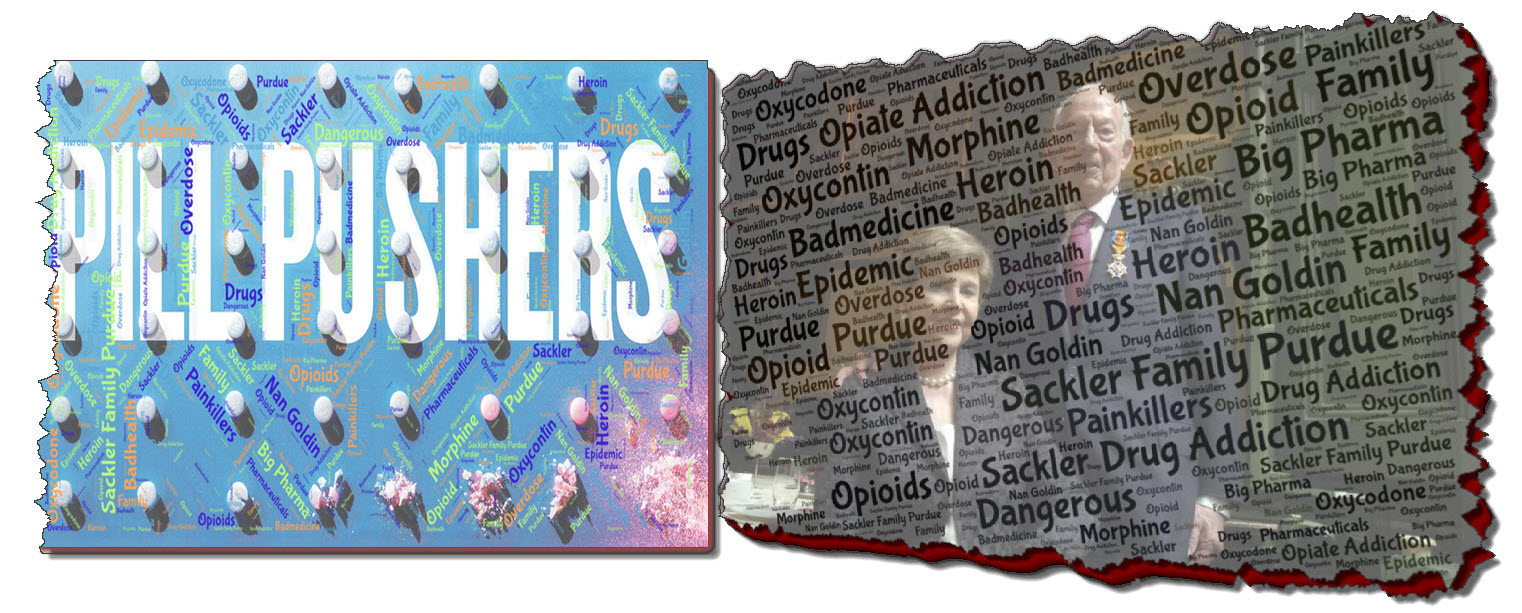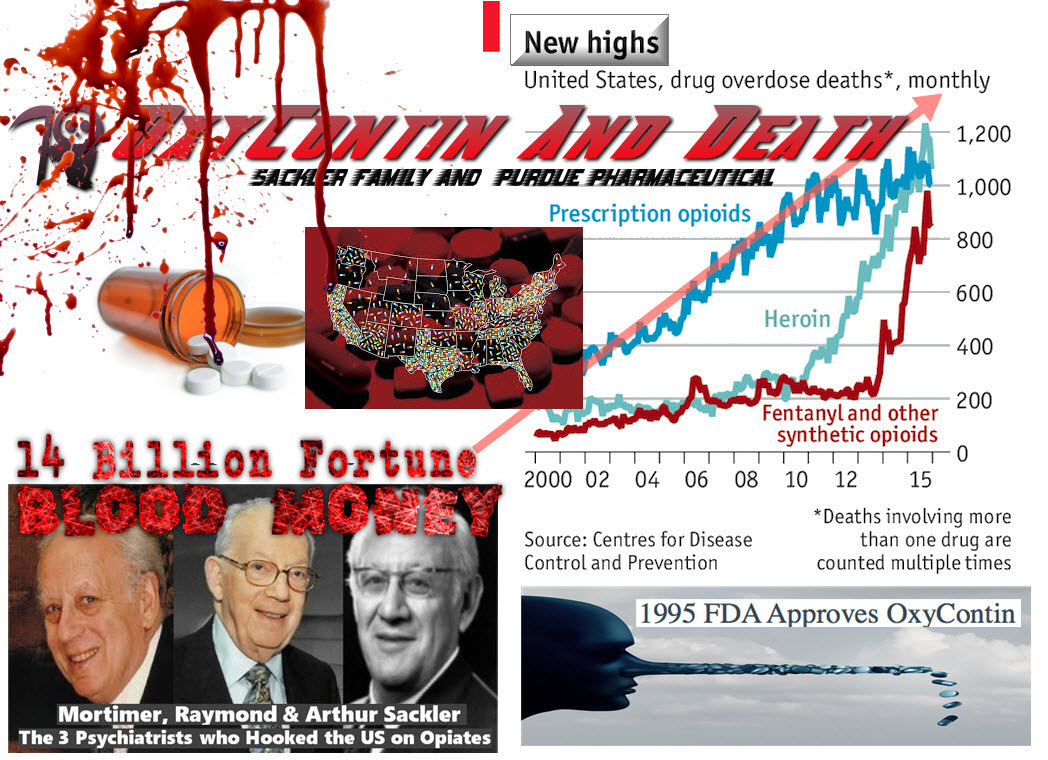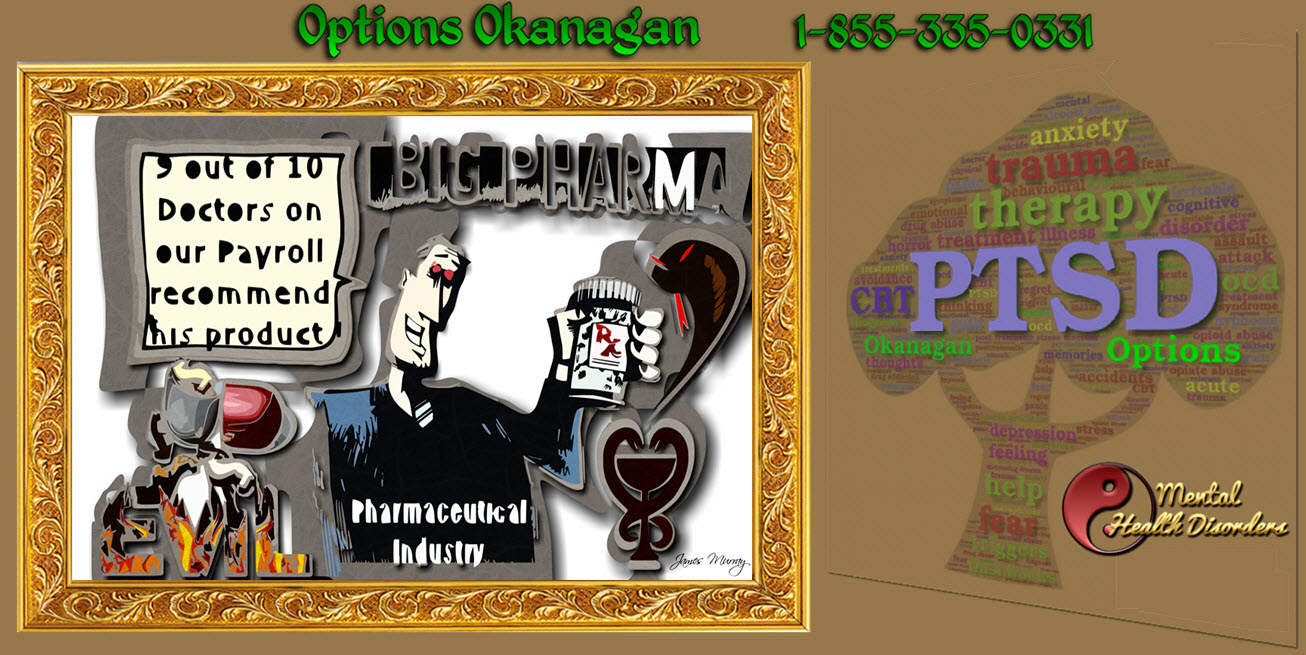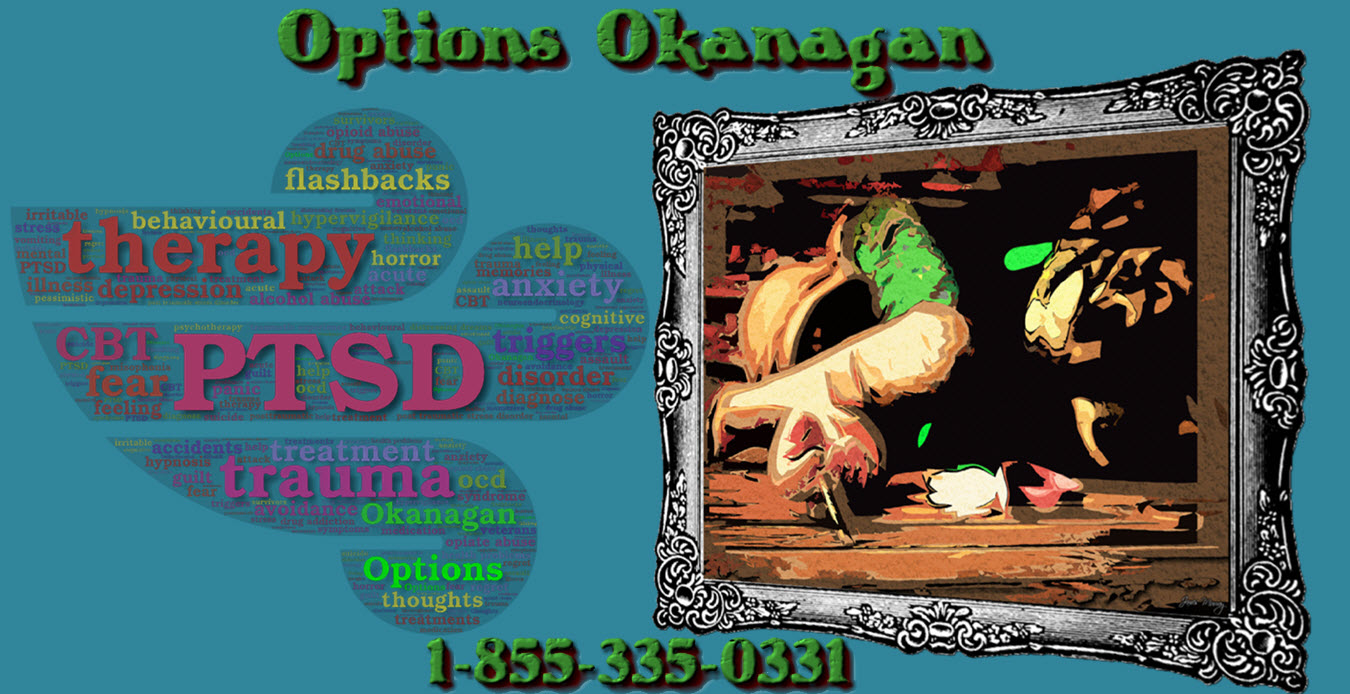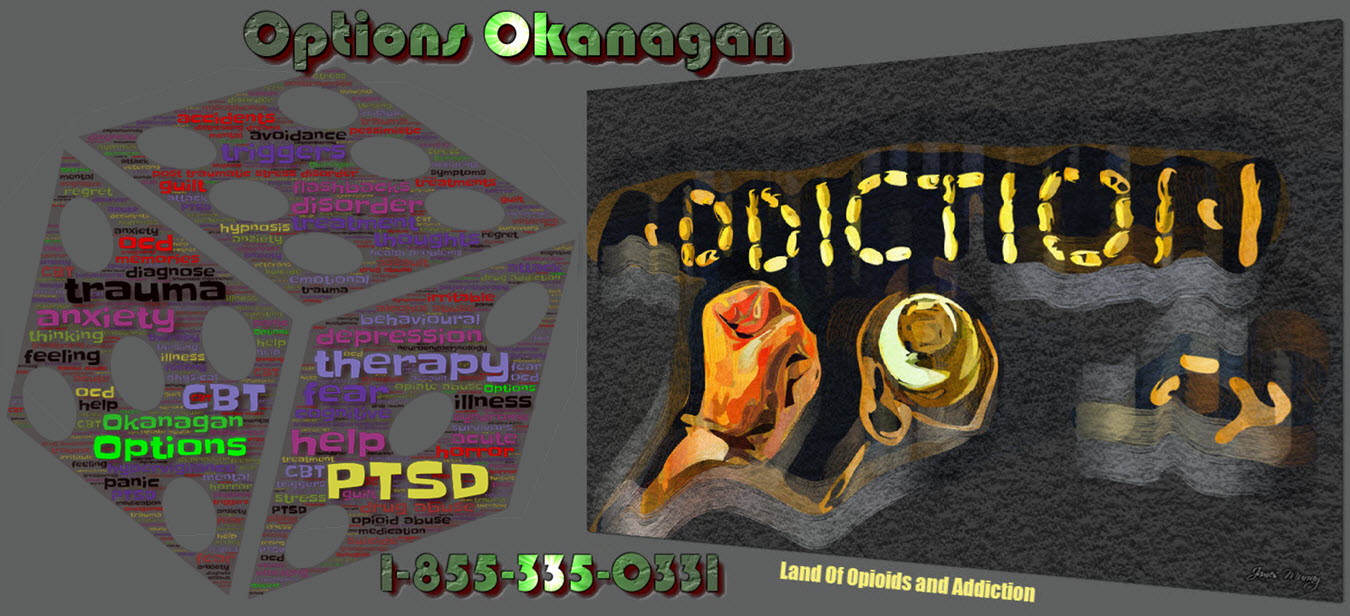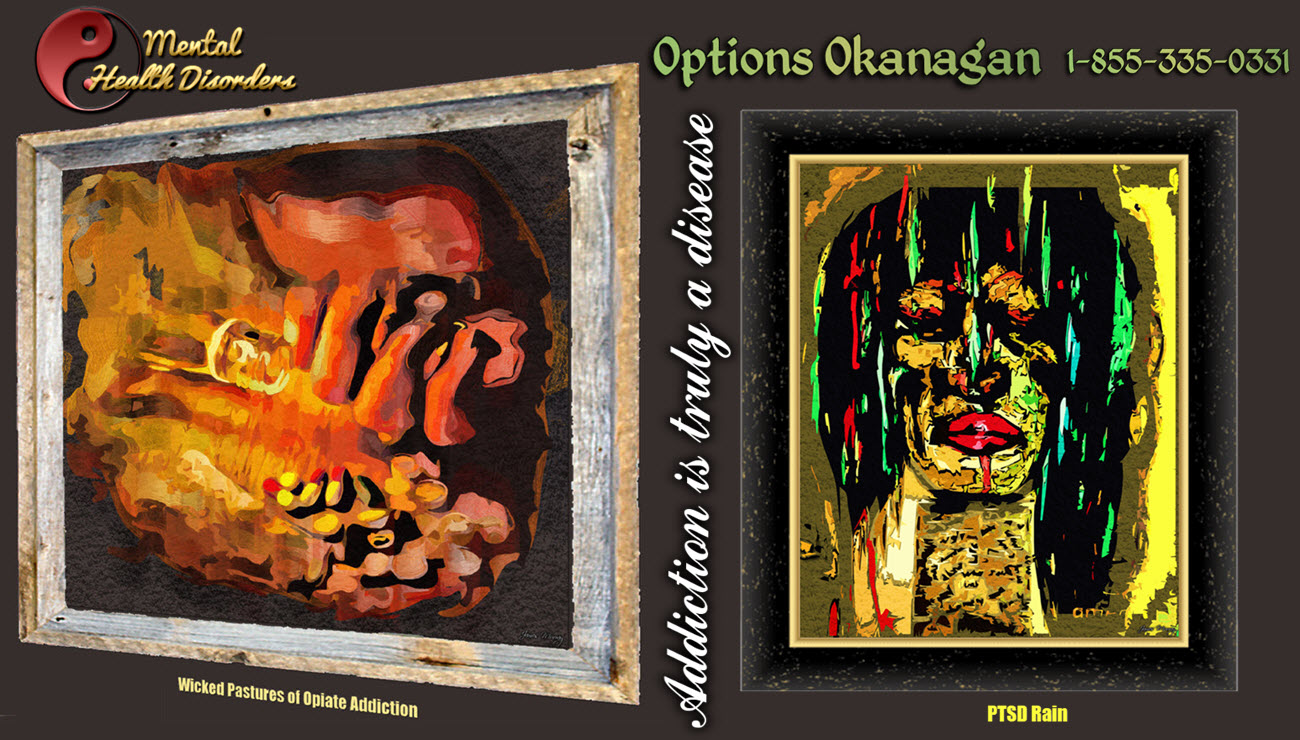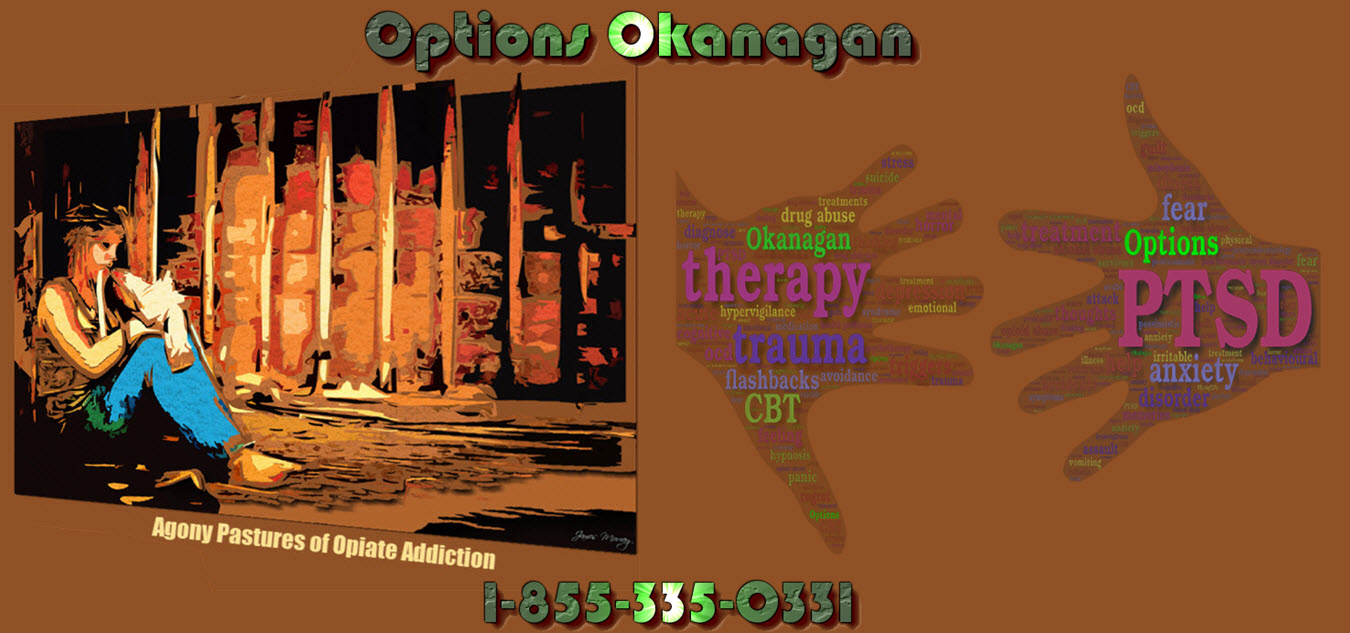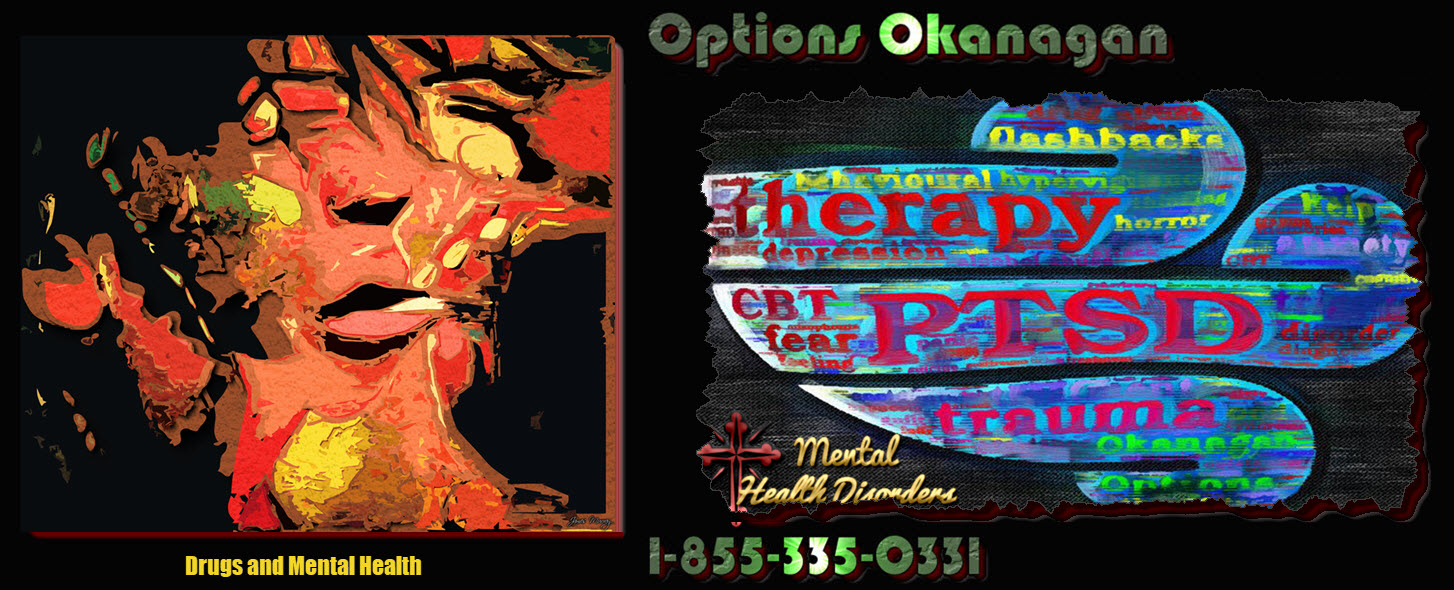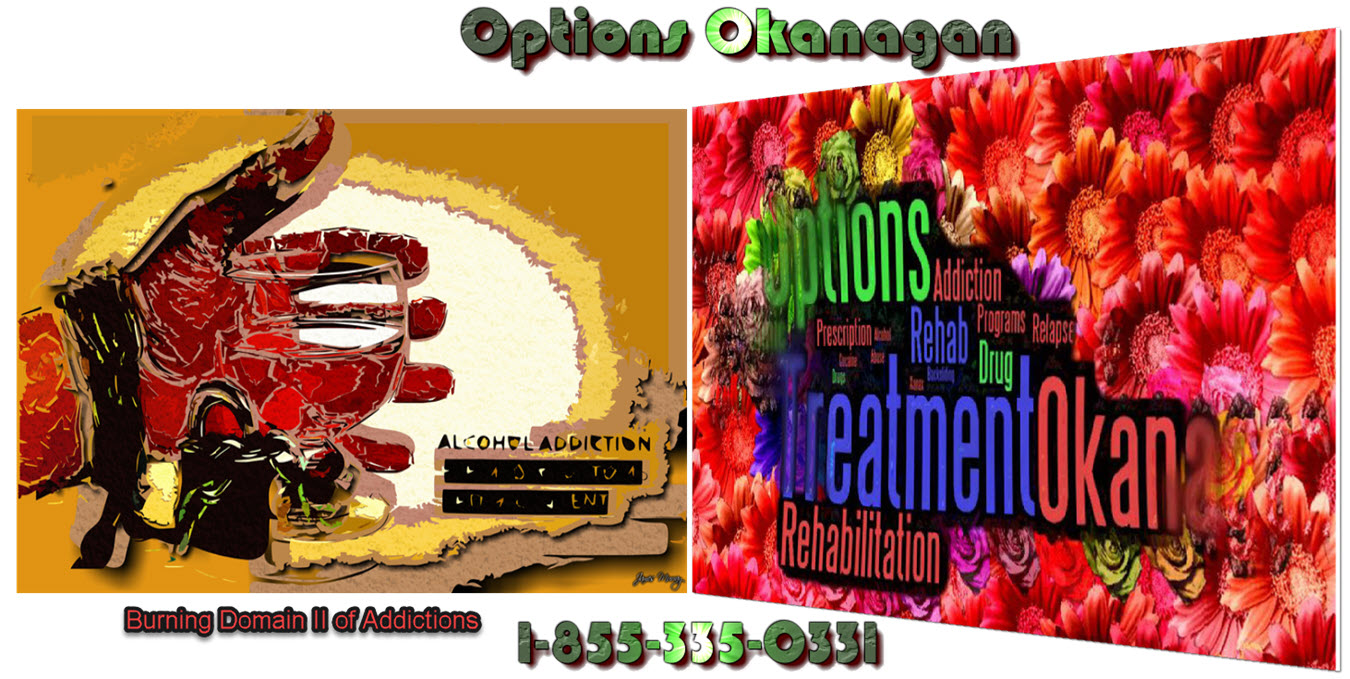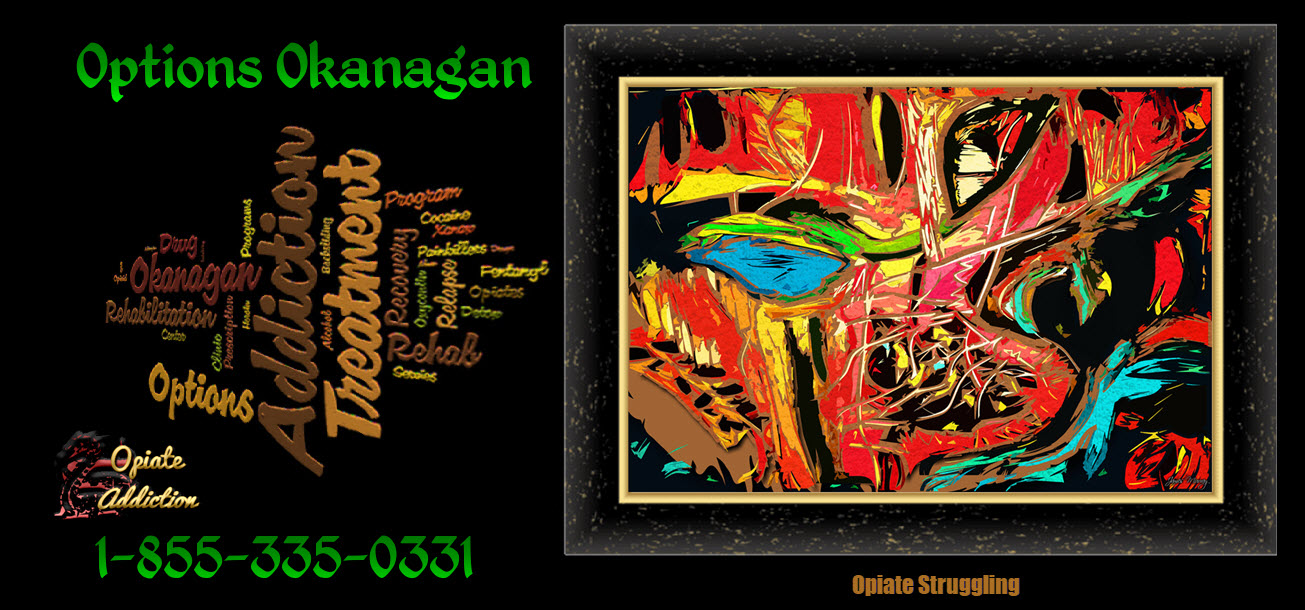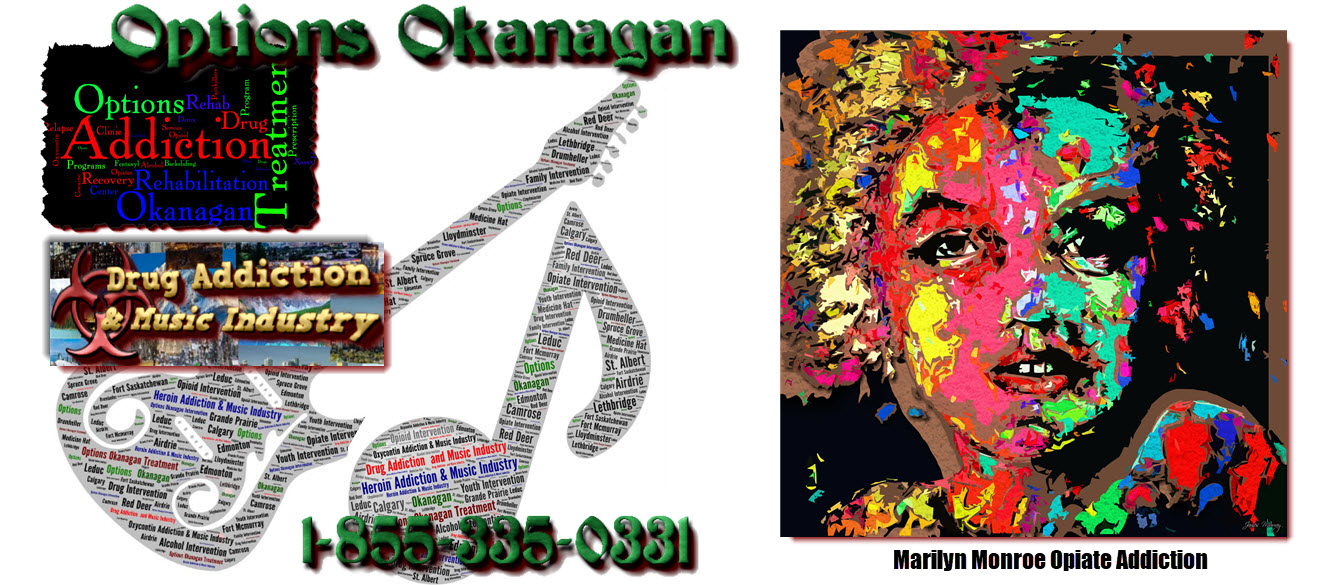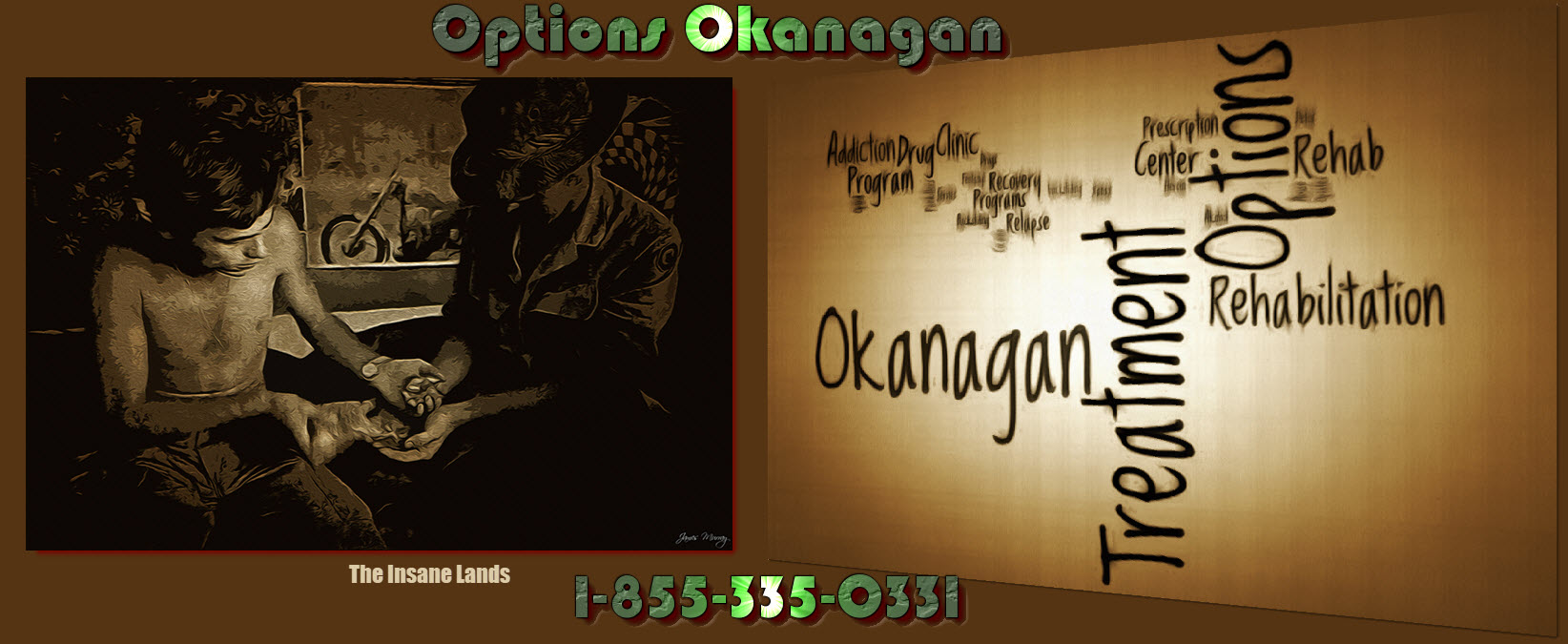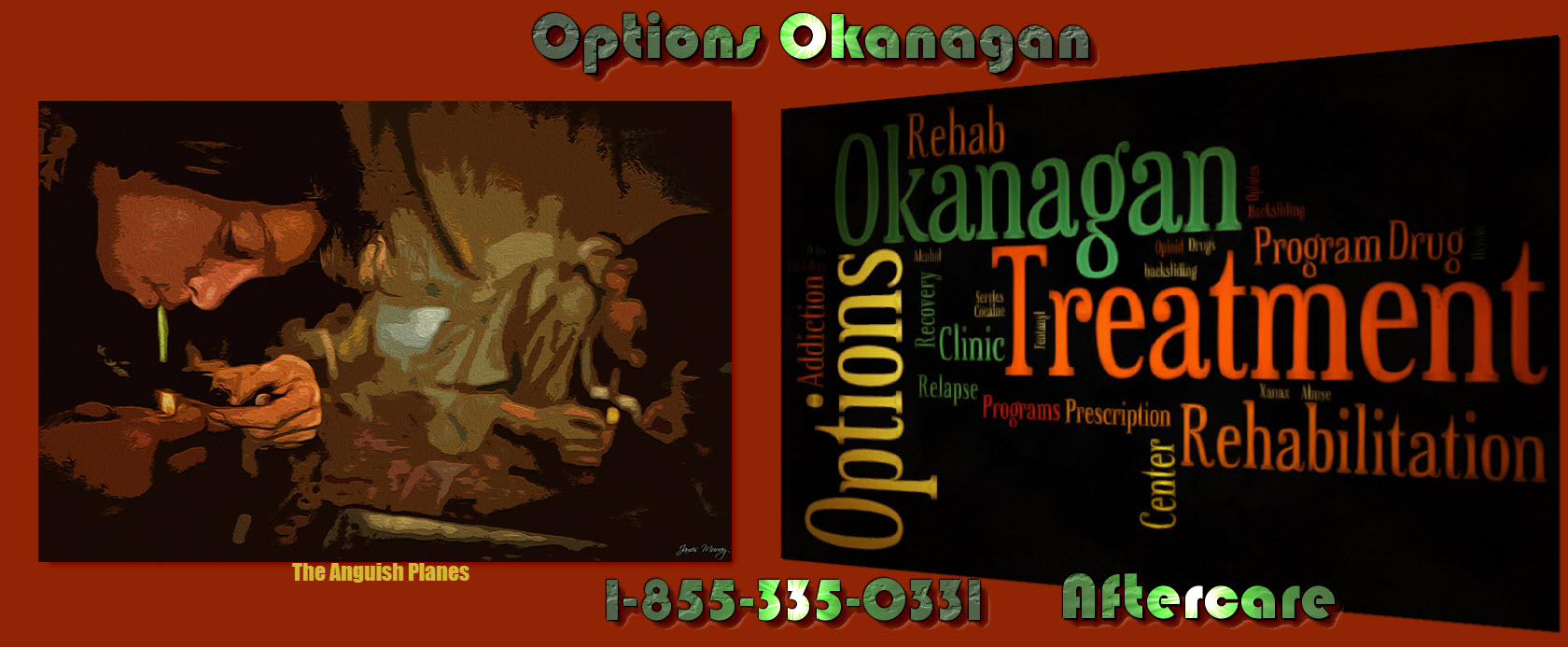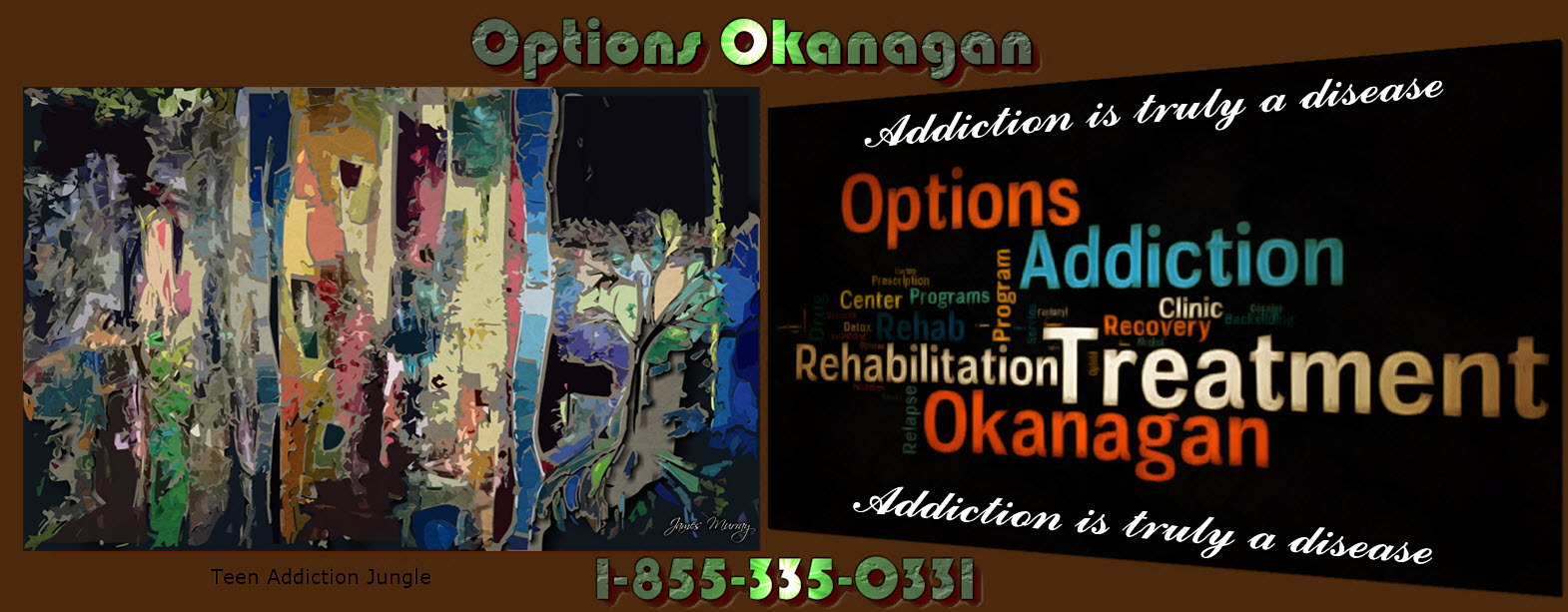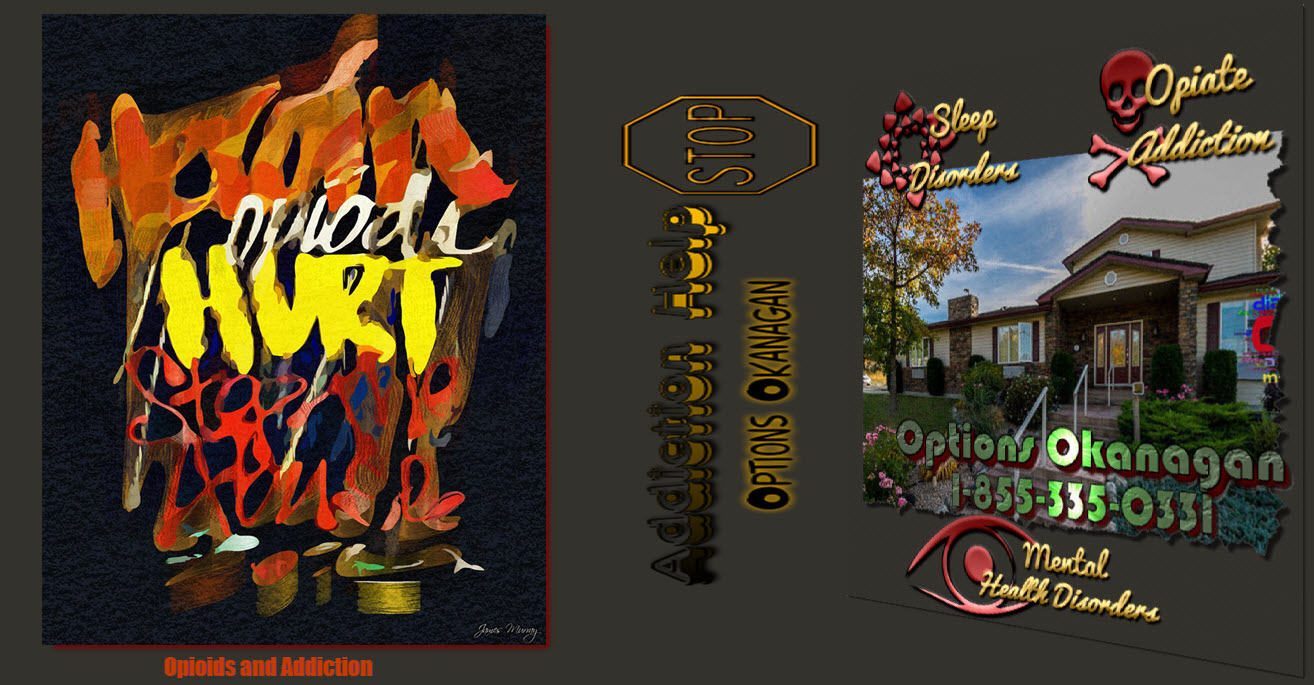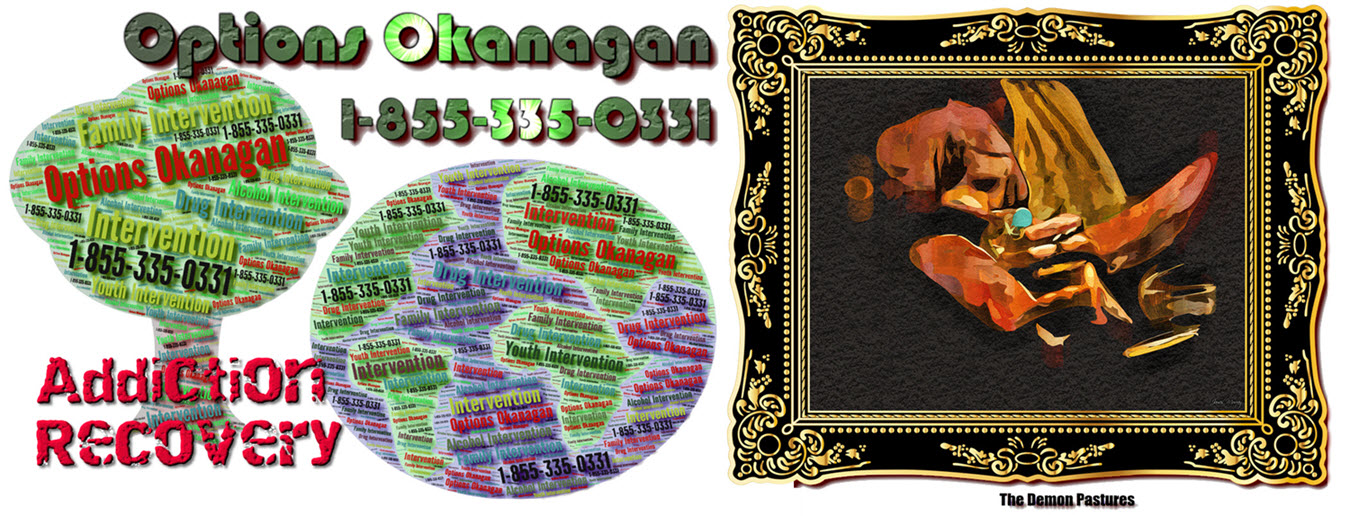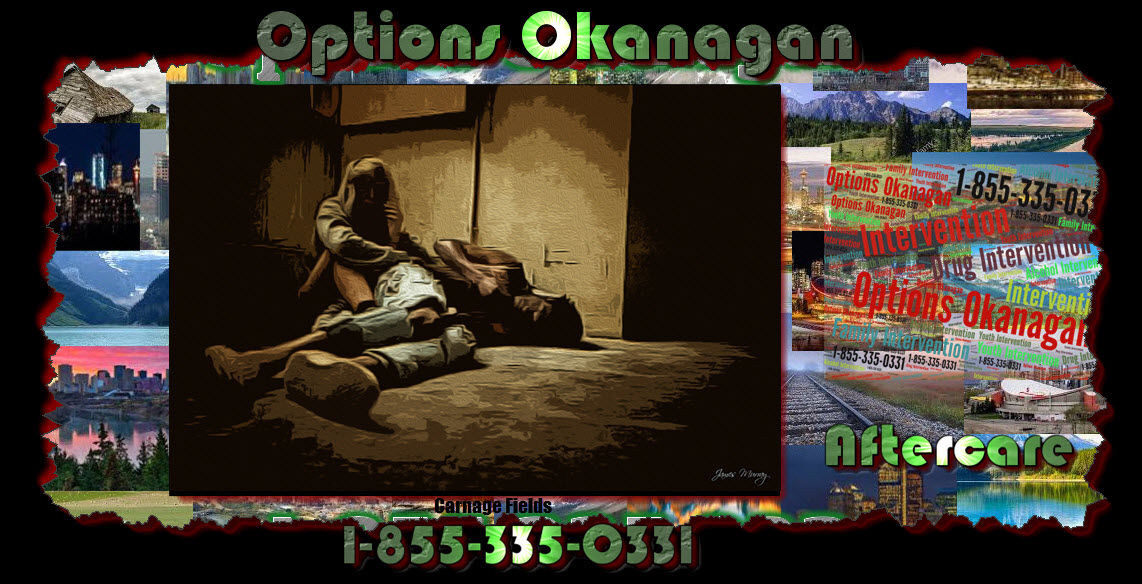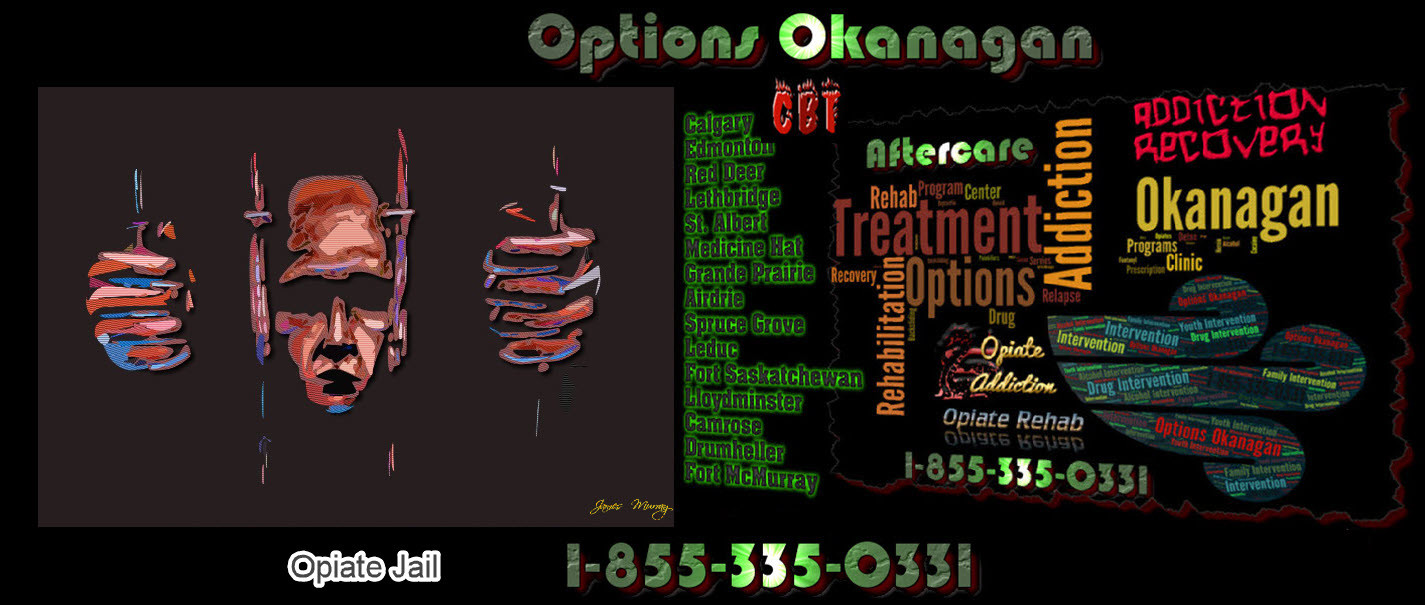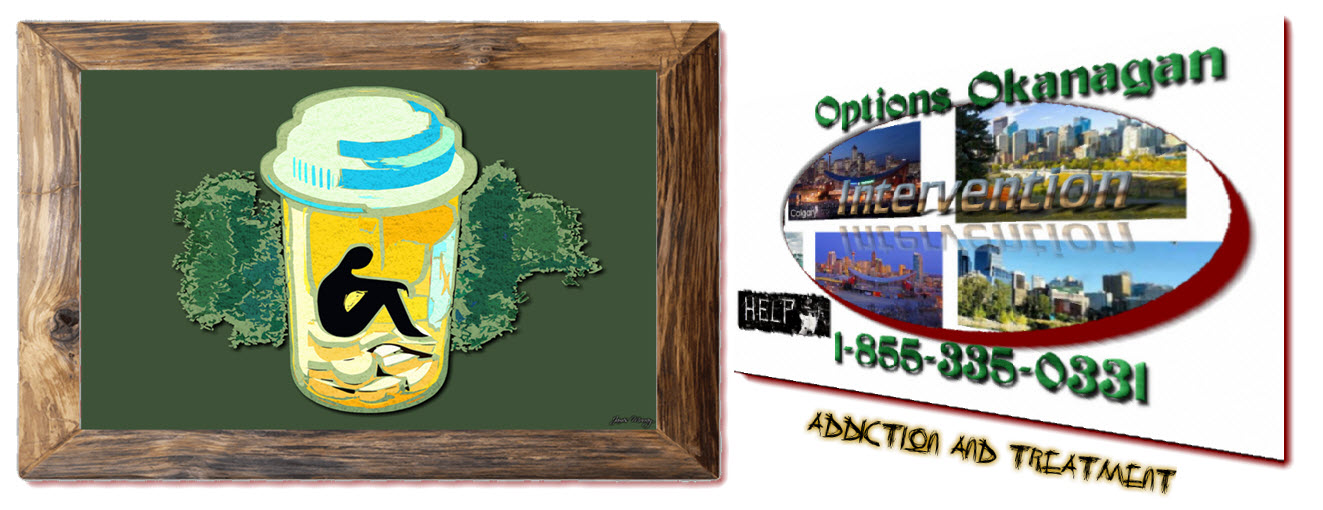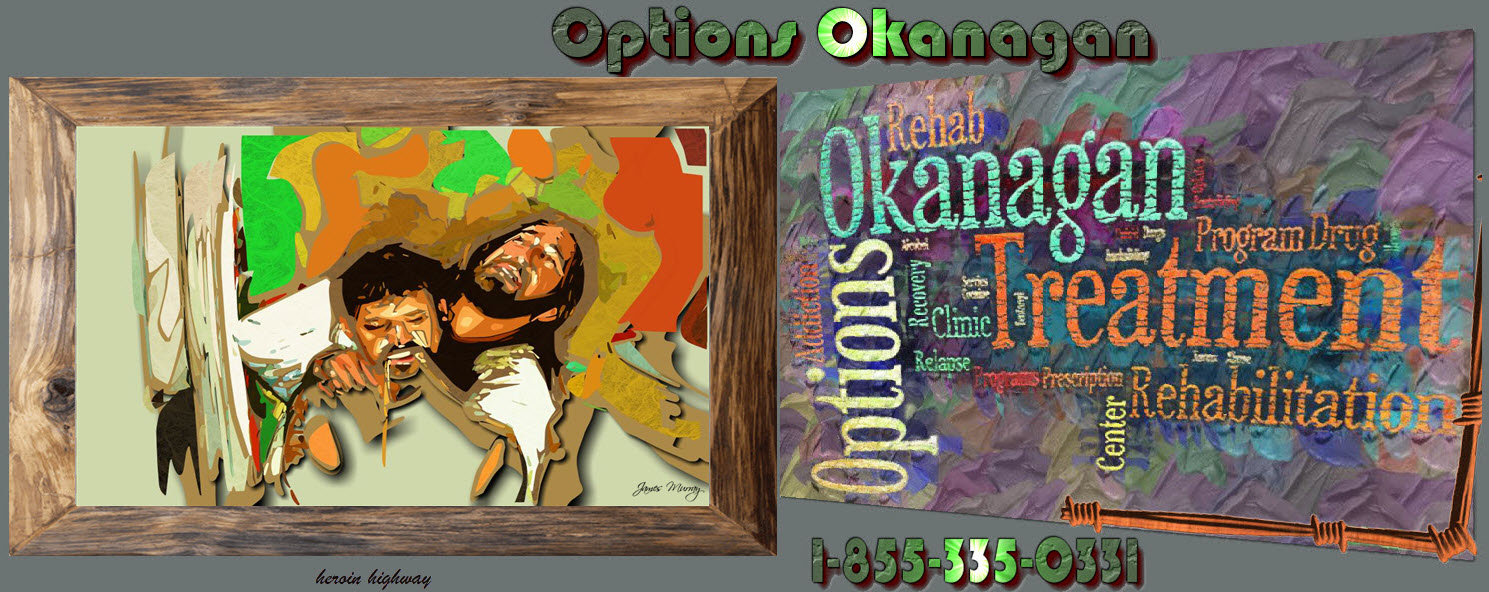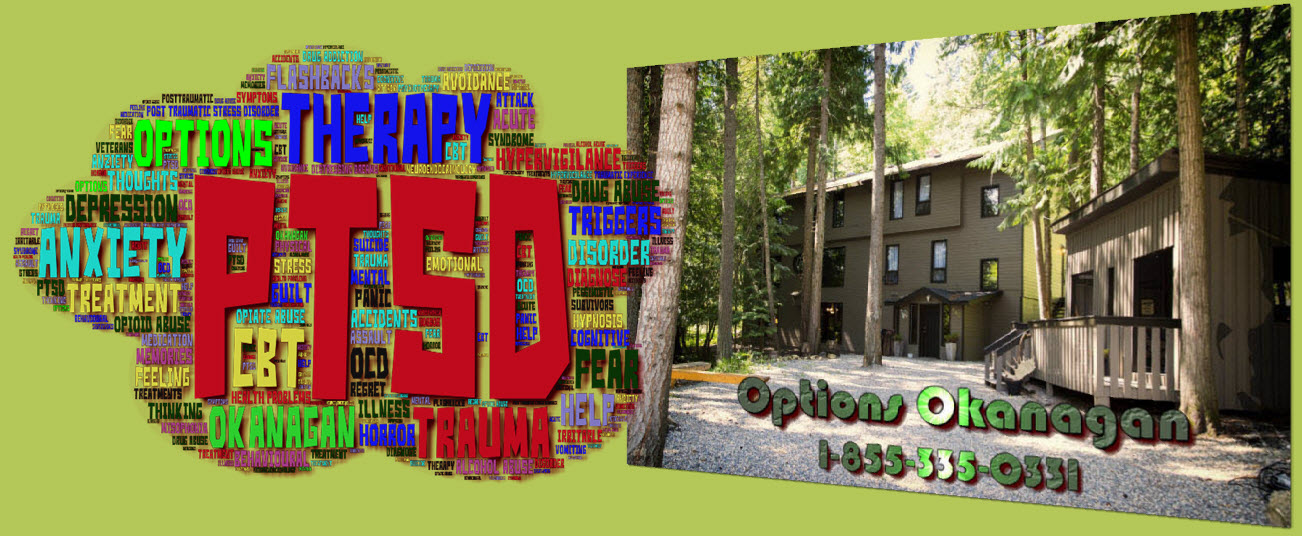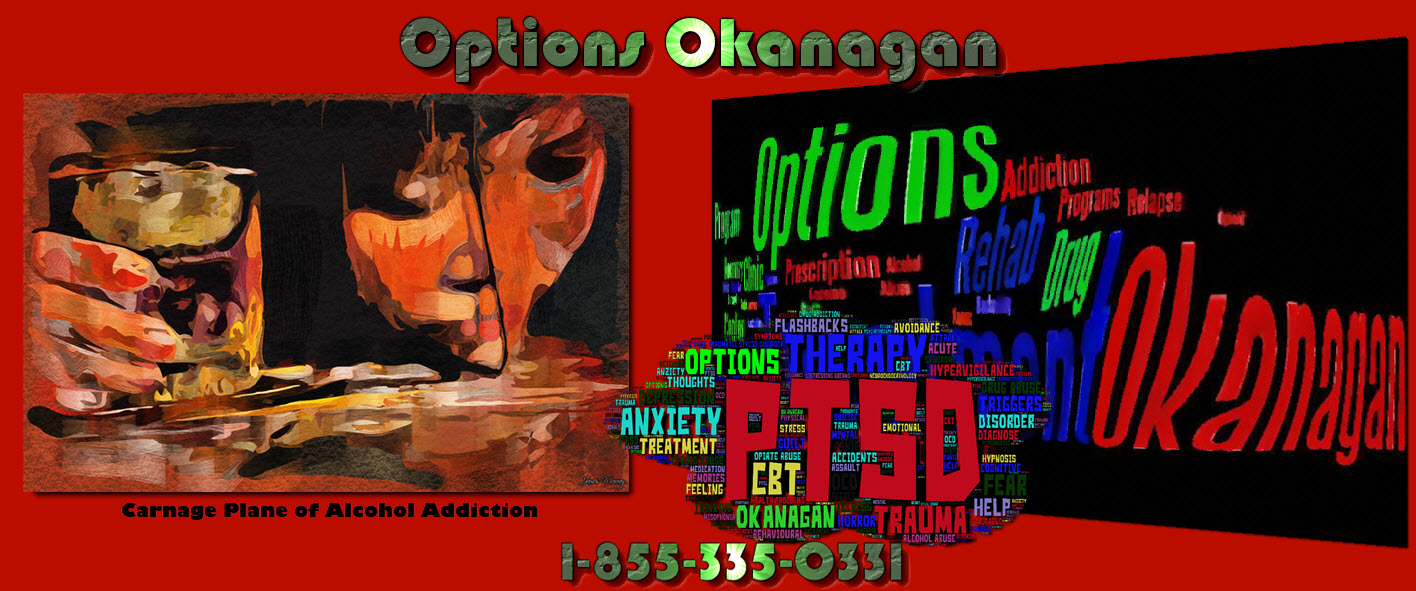Opiate and prescription drug recovery center in British Columbia and Alberta – Options Family Wellness Addiction Center in Kelowna, British Columbia treating prescription drug, opioid, opiate, fentanyl, heroin and alcohol addiction and recovery.
Prescription Drug Recovery Center In Alberta And BC
When a loved one is addicted to drugs, it can be difficult to cope. You may feel out of control and deeply hope that they will stop using. It can be hard to understand why someone would continue to use drugs, especially when you have tried to convince them to stop. You may have made threats or ultimatums, but they may not be enough.
The answer is clear: there are many programs out there to help addicts. Doctors, counselors, peer groups, and religious leaders are ready to help. Rehab care centers are designed for all kinds of addicts, those with the financial means to pay and those who do not. There are a number of alternative programs to insurance, such as Narcotics Anonymous, that require only a genuine desire to change.
This is often the reason addicts refuse help; it is impossible to overcome an addiction unless there is a desire to stop using drugs or alcohol. Until that desire manifests, nothing will work.
Addiction Denial Is One
This is often the reason addicts refuse help; it is impossible to overcome an addiction unless there is a desire to stop using drugs or alcohol. Until that desire manifests, nothing will work. Many people with substance use disorders may deny that they have a problem. They may downplay the seriousness of their use or believe that they have complete control over their use. However, addiction is a serious chronic disease that requires professional treatment.
It is clear that addiction is a disease that cannot be controlled by the addict or their relatives. It can be disconcerting to see a spouse addicted to drugs or alcohol continue using despite negative consequences.
Why Addiction Always Persists
True addicts will continue to use drugs even if it harms their work life, physical health, or close relationships. It is very likely that they cannot imagine life without drugs or alcohol. It is common for individuals to subconsciously numbing their challenges with drugs or alcohol. This avoidance mechanism prevent them from facing their problems and results in a continuous cycle.
Many addicts report that they are too busy to take part in a treatment program. Family or work responsibilities are often cited as reasons for not engaging in addiction recovery.
While it is understandable that some addicts may feel discouraged by previous failures in treatment, it is important to remember that each individual’s situation is unique and that treatment regimens can be effective for many people. Additionally, it is important to keep in mind that the detox and recovery process can be difficult, but it is possible to overcome these challenges with the help of a professional treatment program.
People who struggle with addiction often have a deep-seated need for control, which can make following the necessary steps for recovery difficult. They find it difficult to determine when, where, and how to take action, and often struggle to follow directions.
Addicts who bury their heads in the sand and hope the problem will go away on its own are mistaken. One day they will wake up to a life that does not require chemicals.
Addiction cannot be forced to disappear; failing to confront the problem will create a permanent obstacle to recovery. It is crucial that the public understands that an addict cannot be forced into recovery. It is important to seek professional help and support to overcome addiction, but ultimately it is up to the individual to make the decision to seek and receive help. Without a commitment to recovery, those addicted to alcohol or drugs will continue to lose their battle against addiction.
Options Opiate and Alcohol Recovery Facility in Kelowna, British Columbia – Men and Women are recovering and healing from Alcohol and Drug Abuse at our recovery facility here in the Okanagan right now.
Our unique and distinctive Opiate Drug and Alcohol recovery program allow men and women to come in from Calgary as well as Edmonton as we offer airport pickup.
Numerous clients come to us from Vancouver, Calgary, and Edmonton and other locations in Alberta and even other provinces for Opiate addiction treatment, heroin drug treatment, many other drugs, and alcohol addictions for rehabilitation because of the uniqueness of our treatment center.
Options Drug and Opiate Recovery Facility
551 Sherrydale Crescent, Kelowna, British Columbia, V1V 2E6
Toll-Free Phone Number: 1-855-335-0331

